Welcome to Centre for Research in Diplomacy and Regional Security
[CRDRS]
About Centre for Research in Diplomacy and Regional Security
[CRDRS]
The Centre for Research in Diplomacy and Regional Security [CRDRS] is part of the research infrastructure of Strathmore University, Nairobi. It was established to meet and reflect the needs for a University-Based Research Centre on Regional Security. The theme of the Centre is to investigate regional security issues from the framework of Diplomacy, a core source of national power in Kenya and elsewhere. While it will in the course of research note the regional security issues in other areas, its main concern shall be the interactions and linkages of regional Security in the Horn of Africa, Intergovernmental Authority on Development [IGAD] Region, the East African Community [EAC] region, and the Great Lakes Region, and their impacts on Kenya’s national security.
The Centre for Research in Diplomacy and Regional Security is dedicated to investigating the roles that Diplomacy as a source of national power plays in strategic national security policy making. It is dedicated to research on the various issues of regional security attending Kenya’s neighbourhood, and the challenges faced by Diplomacy in securing optimal responses for Kenya, in its quest for survival in its external environment.
The Centre’s core attention is with the range of issues surrounding effective Diplomacy, namely, Foreign Policy, Diplomatic Strategy, and their relationship with National Security Policy and Strategy. In particular, the Centre will be concerned with the mechanisms through which all the sources of national power can work together effectively to secure optimal responses in the country’s search for survival. Its core framework in this endeavour will thus be the Constitution of Kenya [2010], and its provisions on national security, and its establishment of a National Security Council [NSC].
● Documentation and Analysis of Kenya’s Strategic History
● Standing Seminar on Kenya’s Foreign Policy
● Documentation and Analysis of Regional Security Issues in the relevant regions
● Three Standing Annual High-Level Training Programmes on themes of Diplomacy and Regional Security
On-Going Programmes
● MA Programme in Diplomacy and Regional Security
● Short Training Programmes for Middle-Level Practitioners
● Public Lectures/Debates on issues of Diplomacy and Regional Security
● Policy based research on issues of Diplomacy and Regional Security
● High quality training for academics and practitioners in the areas of Diplomacy and Regional Security in the region
● Highly trained MA and PhD graduates of the Centre
● Documentation and Analysis of Kenya’s Strategic History, and its interactions with other actors in the Region
● Documentation and Analysis of Kenya’s Foreign Policy, and its interactions with those of regional actors and others
● Series of High-Level Public Lectures and Debates on issues of Diplomacy and Regional Security
● Series of Yearbooks on Regional Diplomacy and Security
● Continuing Series of Strategic History of Kenya [and in the long-range, the Regions]
The researchers and experts will be drawn from those who will be involved in the academic and practical programmes of the Centre. To the largest extent possible, the researchers will be drawn from the MA and PhD students undertaking the post-graduate programmes of the Centre. The experts will be drawn from amongst those who have made contributions to the development of knowledge in the areas of Diplomacy and Regional Security. The Centre will also have an advisory Board. This will be drawn from wise men/women comprising seasoned academics and practitioners [ideally retired] in the areas of Diplomacy and Regional Security who identify with Strathmore University’s Mission. Given the Centre’s regional concerns, these will be identified from the regions whose work the Centre will be preoccupied with.
● National Security Policies and Strategies
● Diplomacy of Negotiating Peace Agreements
● Diplomacy of Responses to National Security Crises
The programme on capacity building in peace and conflict management aimed at training South Sudanese on basic issues of conflict transformation, good governance and the role of media in conflict situations. The target group were South Sudanese who had been involved or had concrete plans to get involved in non-violent conflict management at local levels in South Sudan, including in particular contributors to radio programmes, non-government actors and influential persons. The course is geared towards people who have not managed to do a degree owing to the situation of the country.



